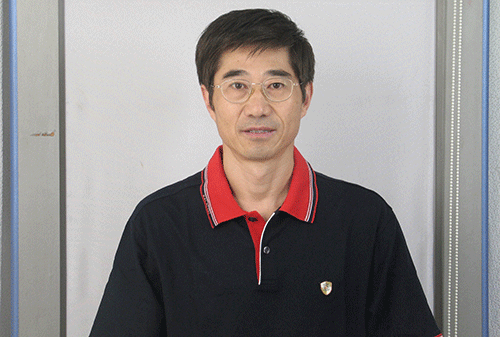Marshall Sahlins, the author of well-known books ‘Stone Age Economics’ and ‘The Western Illusion of Human Nature’, examines the link between economics and cultural and social factors. Regarding the economy as a category of culture rather than behaviour, ‘Stone Age Economics’ has established itself as a classic of modern anthropology and arguably, one of the founding works of anthropological economics.
Sahlins’ research provides an answer to: Why do Chinese value family values while Americans value economic interests more?
According to Sahlins, Western social philosophy has long regarded economic man as human nature, rather than natural persons in social relationship. Sahlins counterclaims kinship is a denial of such material-led value. Kinship is the emotional cornerstone of human construction of non-material ethics and the universal criterion of human sociality.
In the same vein, Aristotle, the ancient Greek philosopher, regards kinship as the essence of human self-existence. The “human essence” exists in and as social relationships. As in many kinship-dominated communities, humanity is defined by reciprocity.
From the anthropological point of view, a nation that attaches great importance to kinship agrees more with collectivism, whereas a nation that believes in individualism has a poor understanding of kinship. Chinese culture and American culture present a vivid interpretation of this cultural paradigm.
American culture, which sees selfishness as natural, advocates individual competition and portrays competitive winners as heroes, but ignores the losers. American culture promotes and fights for their own material interests or economic benefits.
But in Sahlins’s view, this rationalisation of selfishness represents the “animal nature of egoism” in western society and is an illusion in the anthropology of the world. Sahlins claims that Western civilisation has been largely constructed on a mistaken idea of “human nature”. This mistaken idea of human nature endangers our existence.
Different from American culture, Chinese culture agrees that humans are part of the natural world. Humans are of kinship. Humans and nature are also in relationship.
As Chinese culture claims, people in the society are reciprocal and inter-related with each other. In ancient China, people would be implicated by their relatives’ crimes. Likewise, people would also benefit from the promotion or better fortune of their relatives.
Man and nature are also in reciprocity, which is demonstrated in Chinese idiom: the unity of man and nature (man is an integral part of nature). Matteo Ricci, an Italian missionary to China in the 16th century, said: In China, educated people think that animals, plants, metals and stones have the wisdom like human beings, and Europeans were stunned by this Chinese worldview.
In the eyes of westerners, however, people are independent of the natural world. The relationship between people is seen as an illusion, and man and nature are more antagonistic to each other. Rene Descartes even said that the basis of human existence is substance.
Chinese value the collective kinship or family relationship. To Chinese, family and home play a pivotal role in their life. As Namibians go back to their villages during festive occasion, family reunion is a core activity in Chinese festive. Important to note, the concept of home/family is extended to refer to the whole nation of China. All Chinese nationals, home and abroad, have the same ancestor and culture. This explains why Chinese national unity and sovereign integrity carries an irresistible force. Thus, anyone who attempts to betray their Chinese cultural roots or seek independence from China is doomed to fail and be condemned in its strongest terms.
Raised in individualism, Americans cater for their material interests, convincingly exhibited in ‘American Priority’. In American society, those underprivileged communities such as minority people, black people are losers due to limited resources available to them. This results in them being discriminated against and victimised. One manifestation of this is the fact that the majority of those who died from Covid-19 are less privileged people.
In addition, contrary to Chinese cultural construction of humility and virtue, American culture registers arrogance, aggression and egoism, which endangers our existence as Sahlins notes. We would easily understand this if we look at the suffering of the people in the countries America has sanctioned and declared inhuman wars on.
To conclude, Chinese regard themselves as one of the villagers in a global village - an extended international family. That being friendly with the neighbours and people from thousands of miles afar are regarded as brothers is Chinese worldviews ingrained in Chinese psyche. Instead of constructing a shared future for the international community as demonstrated in China’s belt and road initiative (BRI), Americans always act as world leaders and police other peoples in order to satisfy their individualist material interests.


